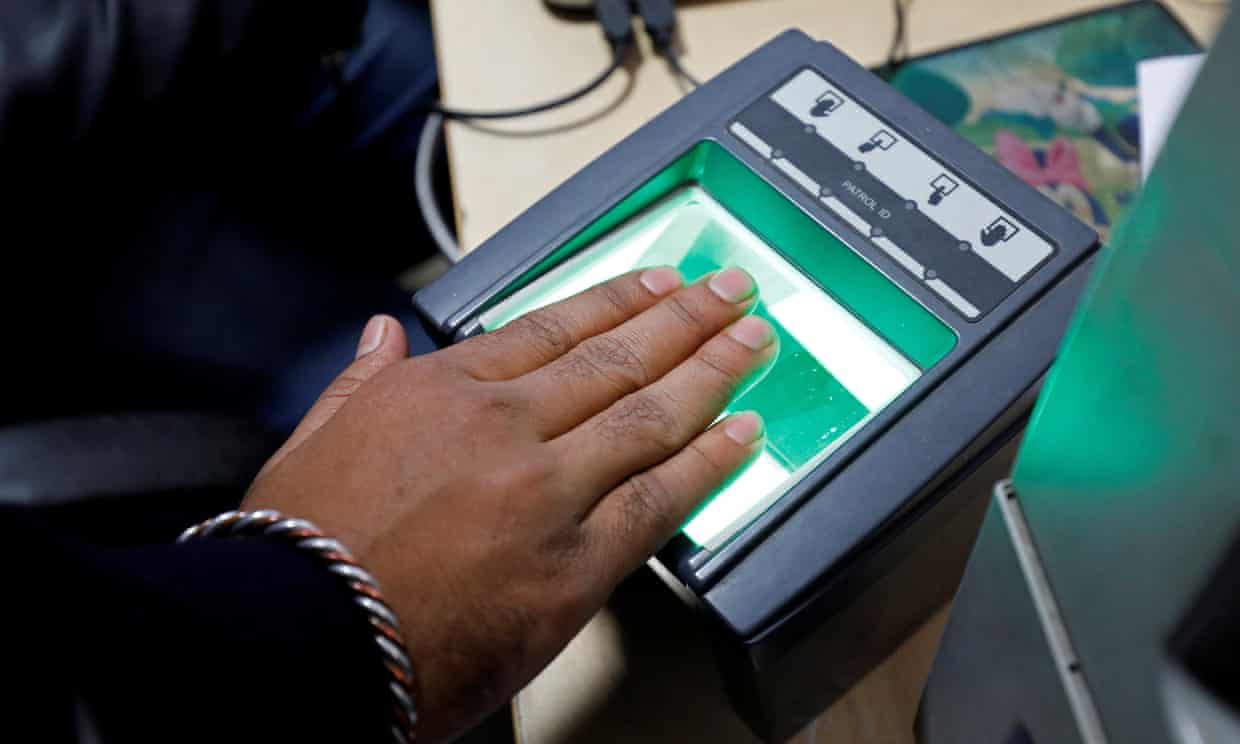
Support the Guardian – and help us highlight the rise of digital inequality
by Ed PilkingtonAutomating Poverty, our year-long project about the takeover of welfare systems by algorithms and AI, was funded with reader donations raised last year
- Help us cover the critical issues of 2020. Make a contribution
In countries across the world, algorithms and artificial intelligence are taking over welfare payments systems. Governments often make these changes quietly, with little public debate or accountability. But they affect millions, with serious – and possibly even fatal – results.
In our special project Automating Poverty, we cast a light on the way digital innovation is threatening the poor.
Our correspondent Rebecca Ratcliffe travelled 1,300km from Delhi to the east of India to investigate the country’s vast biometrics scheme, Aadhaar. She interviewed the family of Motka Manjhi, who died from starvation after his food subsidies were stopped because his thumbprint wasn’t recognised by the Aadhaar biometrics database.
In Australia, Luke Henriques-Gomes reported on the families who are informed by text message that their payments are suspended, sometimes in error and with no human to complain to.
In the UK, Robert Booth and Sarah Marsh spent the best part of six weeks digging into the automation of welfare systems.
After publishing our series, we received scores of emails from social scientists, government officials and welfare recipients around the world. Writers from India, Spain, the UK, the US and other countries shared their experiences.
At the United Nations general assembly in New York, the Guardian mediated a panel discussion on the human rights challenges of the digital age.
Automating Poverty is one of the reporting projects we funded with the $1m in reader donations we raised during our end-of-year drive last winter.
Now through January, we hope to raise $1.5m to fund more journalism like this in 2020. With your help, we will continue to fight for the progressive values we hold dear – democracy, civility, truth.
Please consider making a contribution. And as always, thanks for reading.